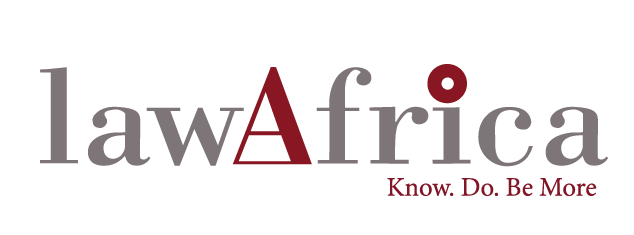Legal Practice Management
KShs3,828.00This book seeks to illuminate the expansive nature of legal practice in society. It is also aimed at provoking Further debate, research, and publication. The author draws from her knowledge and experience as an Advocate, Accountant, Certified Secretary, and Governance expert.




